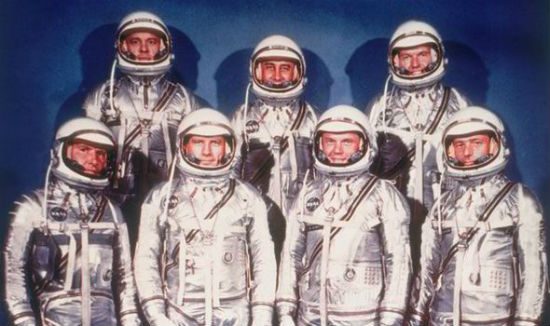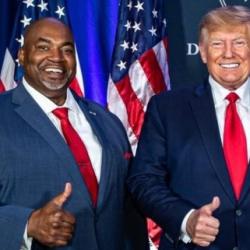• Today is the annual inventory at the Big Box, during which everything in the store gets sorted and counted. Everything. If it’s not being worn by a customer, it’s getting counted. So in preparation for that, I spent the weekend rack-diving. That’s an unpleasant task, but somebody has to do it and that somebody usually winds up being the ectomorph with the Inspector Gadget wingspan.
The worst of it isn’t the ginormous dust-bunnies and mystery funk one encounters beneath the shelving — it’s the dismaying realization that so many of one’s neighbors are petty thieves. Because it’s not just run-away inventory one finds down there under and behind the shelves, it’s also the empty wrappers of almost any product small enough to fit in someone’s pocket.
What do you do when you run out of batteries? Most of us go to the store and buy some. But more people than you’d like to think seem to imagine that paying for batteries is just for suckers. So they tear the little plastic casing from its cardboard backing, toss those behind the shelves, and walk out with a pocket full of AAs. This is not a rare thing.
Even more disappointing is the number of empty wrappers I found for the kinds of products that only skilled craftspeople would know how to use — obscure plumbing fixtures, electricians’ gizmos, esoteric specialized drill bits, etc. The folks who pocketed those items weren’t DIY hobbyists, but tradespeople with decent jobs who could’ve written those items off as business expenses instead of just pilfering them. I find myself wanting to have a talk with their parents.
On the plus side, though, two weekend nights spent rack-diving gets me more than just a couple of filthy shirts and a general disappointment in the ethics of our community. It also got me almost three shifts worth of time-and-a-half. Whoo-hoo!
• Hemant Mehta directs us to this breezy discussion by David Weintraub on “How Will Our Religions Handle the Discovery of Alien Life?”
A fun topic, but what a lot of it boils down to is the big two-part lesson that some of us learned — and some of us didn’t — from Mr. Rogers: 1. You are special, important, and immeasurably valuable. 2. So is everyone else.
Religious views that regard those two things as incompatible — that No. 2 as a threat to or denial of No. 1 — are ill-equipped for any encounter with outsiders, no matter what planet they come from.
https://www.youtube.com/watch?v=98wVFsIt-MQ• John Glenn spent four terms as a U.S. senator, and he was a decorated combat pilot in both World War II and Korea — where he flew with Ted Williams as his wingman. For most people, those would be the lead sentences in their obituary, but for John Glenn, extraordinary accomplishments like those don’t even make the first paragraph. “To call him an American hero is understating the case. …”

• “For too long we’ve been satisfied with the misleading presentation of the Bible in a reference book format — a convenient handbook of sliced, columned, and numbered spiritual statements.”
• In the 2016 presidential election, the Ku Klux Klan endorsed a candidate publicly. This is something the white supremacist terrorist group hadn’t done for generations — since before World War II.
Some people seem confused about what that means. It’s not that 2016 was the first election in which the Klan had a preferred candidate or in which they viewed one party’s platform as more to their liking. That’s usually been the case — even when neither of the candidates was himself the son of a Klansman with a hobby of retweeting white supremacist websites. There’s nothing unusual about the Klan preferring one candidate over the other. That isn’t what changed.
What changed is that, in 2016, the Klan decided that the national character had shifted to the extent that they could say this, publicly, without harming their preferred candidate. For most of the latter half of the 20th century, the Klan judiciously kept their endorsements to themselves, recognizing that their disrepute would be toxic for any candidates who might become the recipient of their favor. But 2016 was different. Emboldened by the campaign rhetoric of their preferred candidate and by the wild enthusiast displayed by his supporters, the Klan gambled that most white American voters wouldn’t recoil from their endorsement or from their public expressions of enthusiasm for Trump’s candidacy and agenda.
And they were right.
That’s the real disgrace of Donald Trump’s endorsement by the Klan. It’s not that he won them over, but that he convinced them — rightly — that their opinions were no longer beyond the pale. Donald Trump made it safe for the Klan to participate openly again in American politics. They are emboldened, and nothing the president-elect has said or done during the past month has discouraged them in the least.
• Here’s Philly’s own Amos Lee:












